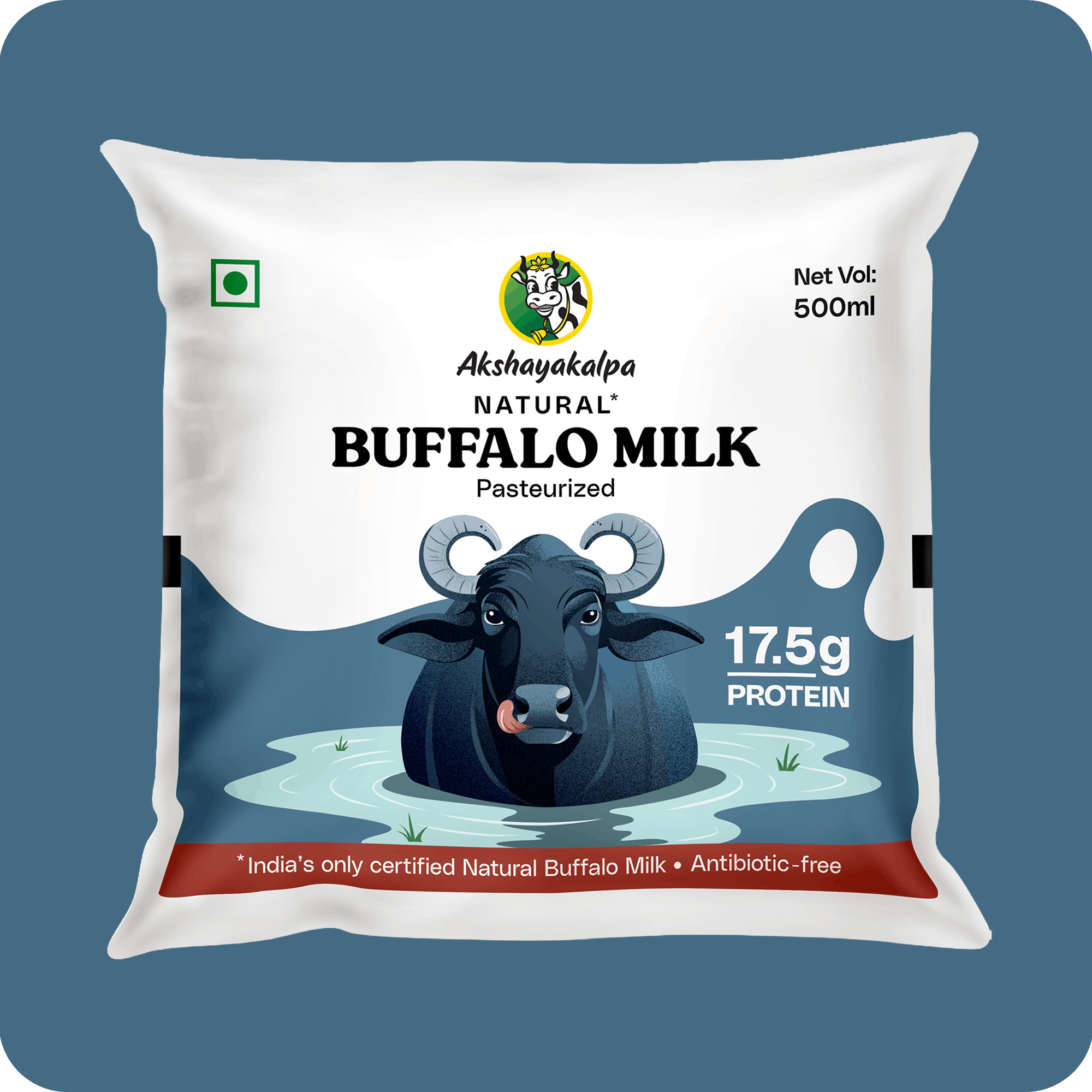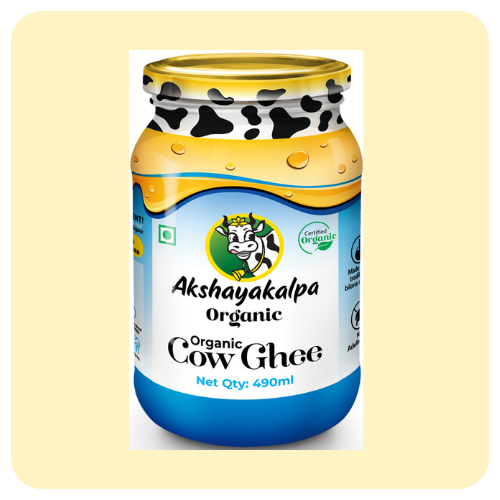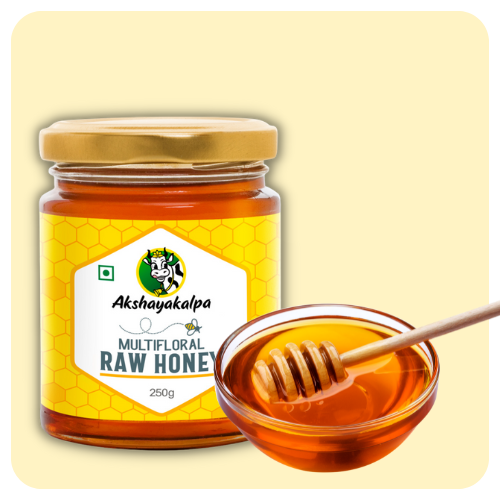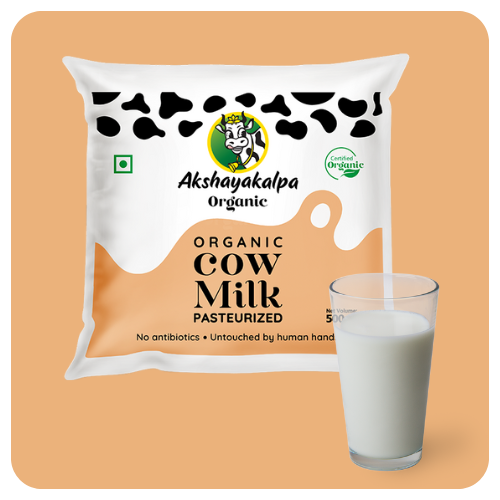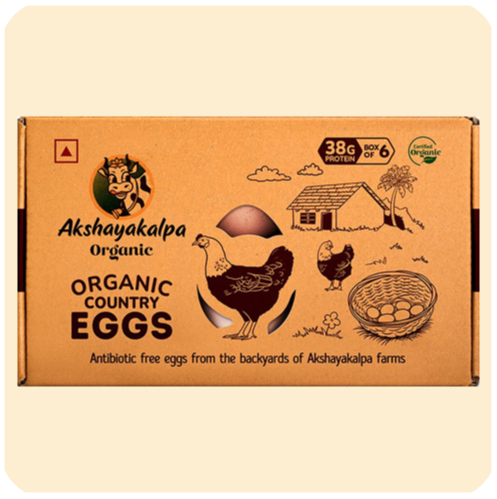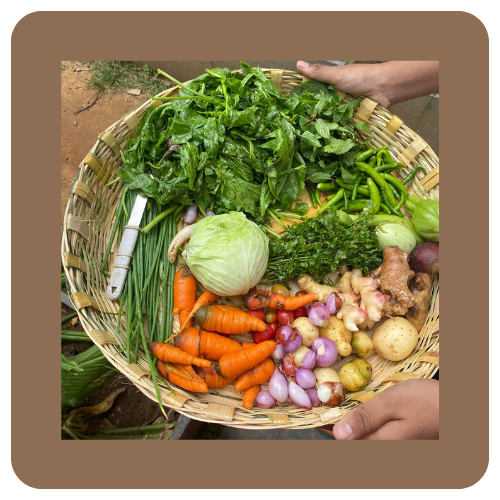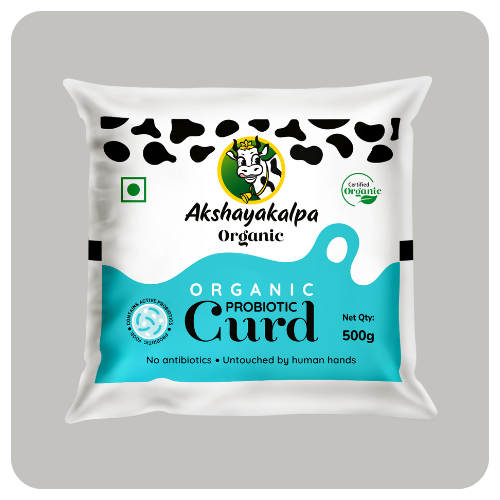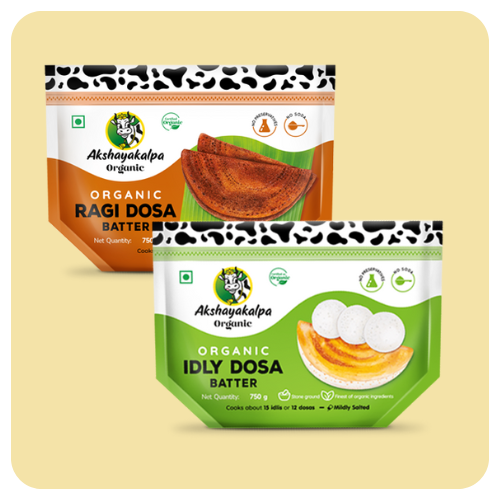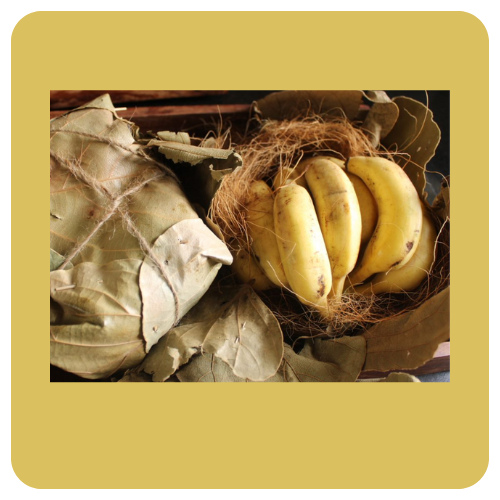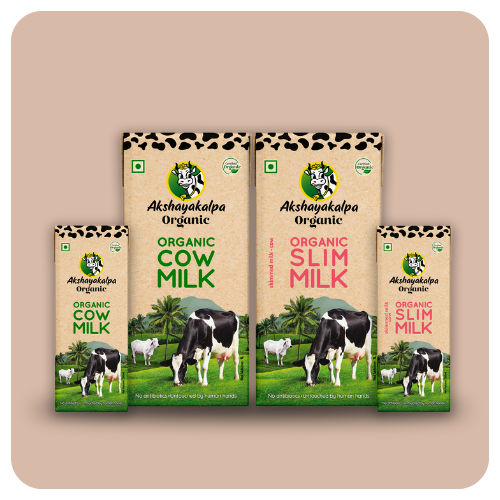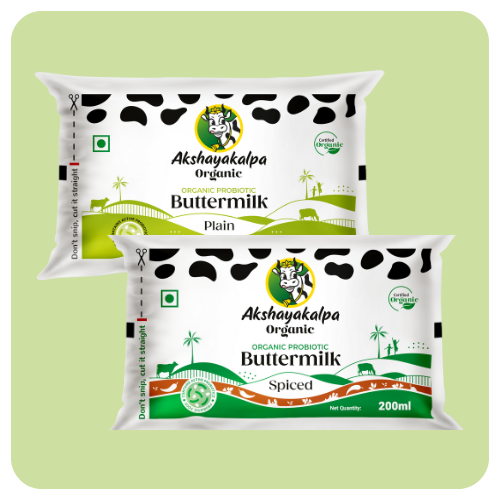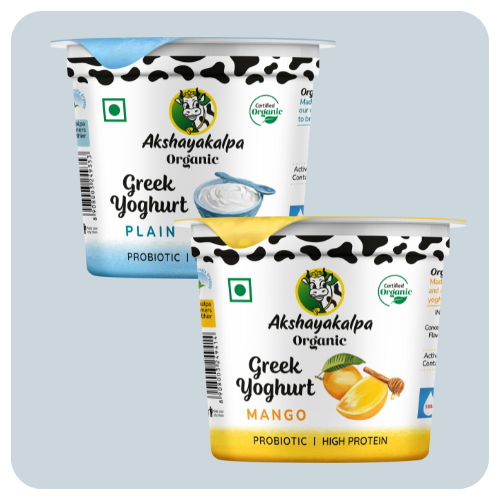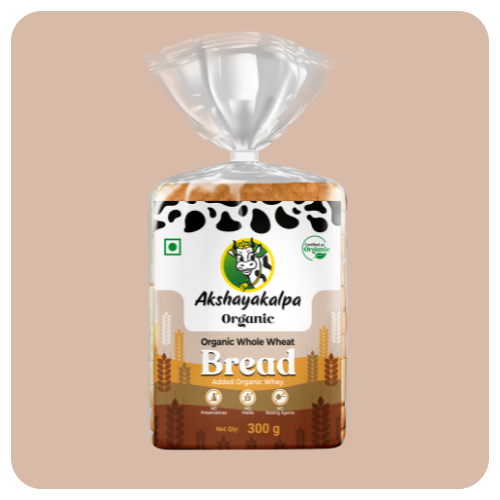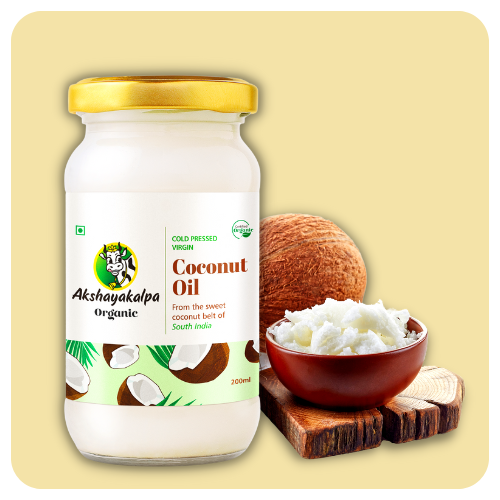Eat certifiably healthy by eating certified organic food!
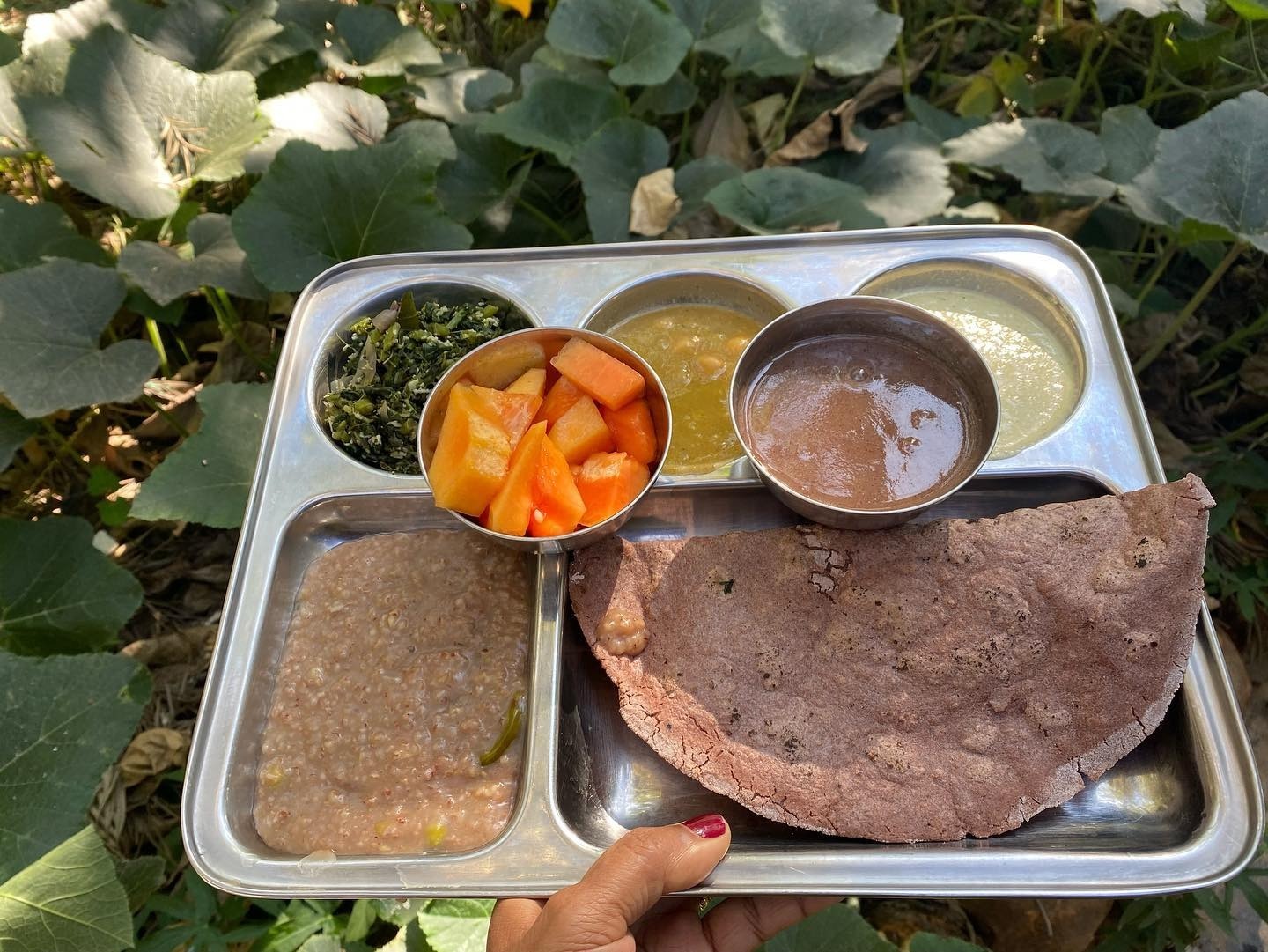
It’s easy to run down to the local supermarket or grocery store to pick up some fruits, vegetables, milk or eggs. But how safe are they really for us to consume?
We’ve known for years that the widely available mass-produced crops are laden with chemicals to improve yield, protect it from insects and rodents, and stay ‘fresh’ on their long journey from farm to supermarket or grocery store shelves. When cows feed on these crops, these chemicals are transferred into the milk and are notorious for causing several health disorders and ailments in humans over regular consumption.
In recent years, as a means to escape the chemicals and move towards a healthier lifestyle, several organizations have started growing and selling organic fruits, vegetables, milk and eggs. In fact, according to a recent study, as of 2021, India has the highest number of organic producers globally. (1) But does the ‘organic’ label mean free of all chemicals? Also, how can we be sure that what they call organic is truly organic and not just some sort of marketing gimmick?
To help tackle this dilemma, The government of India has set certain guidelines and standards to distinguish organic food from non-organic ones and issues a certification to communicate the same. As per these guidelines, organic foods are products of holistic agricultural practices, focusing on bio-diversity, soil health, are free from chemicals, have an environmentally and socially responsible approach that works at grass root level to keep the soil healthy and flourishing, good plant nutrition, and sound soil management, produces nutritious food rich in essential nutrients which has resistance to diseases.
The APEDA, Ministry of Commerce & Industries, Government of India has implemented the ‘National Programme for Organic Production (NPOP)’ in 2001 – and it was the first quality assurance initiative in the country. The programme involves the accreditation of certification Bodies, sets standards for organic production and focusses on promotion of organic farming and marketing. The NPOP standards for production and accreditation system have been recognized by European Commission and Switzerland for unprocessed plant products as equivalent to their country standards.
People who are wary to purchase organic food because of a lack of confidence about the genuineness need only look for the ‘Organic Foods’ logo along with the “Jaivik Bharat” tagline at the bottom. This little ‘Green tick mark’ ensures that the product labelled as organic is genuinely organic and adheres to the Food Safety and Standards (Organic Foods) Regulations, 2017 based on the standards of National Programme for Organic Production (NPOP) and Participatory Guarantee System (PSG-India) – and delivers on everything that organic food promises!
Akshayakalpa Organic milk and milk products are certified as per the guidelines set by APEDA (Agricultural and Processed Food Product Export Development Authority), Jaivik Bharat and FSSAI (Food Safety and Standards Authority of India).
As India’s first certified organic dairy enterprise, Akshayakalpa Organic strives to ensure that the milk and other dairy products they deliver to their patrons are 100% organic every day!
Resources:
